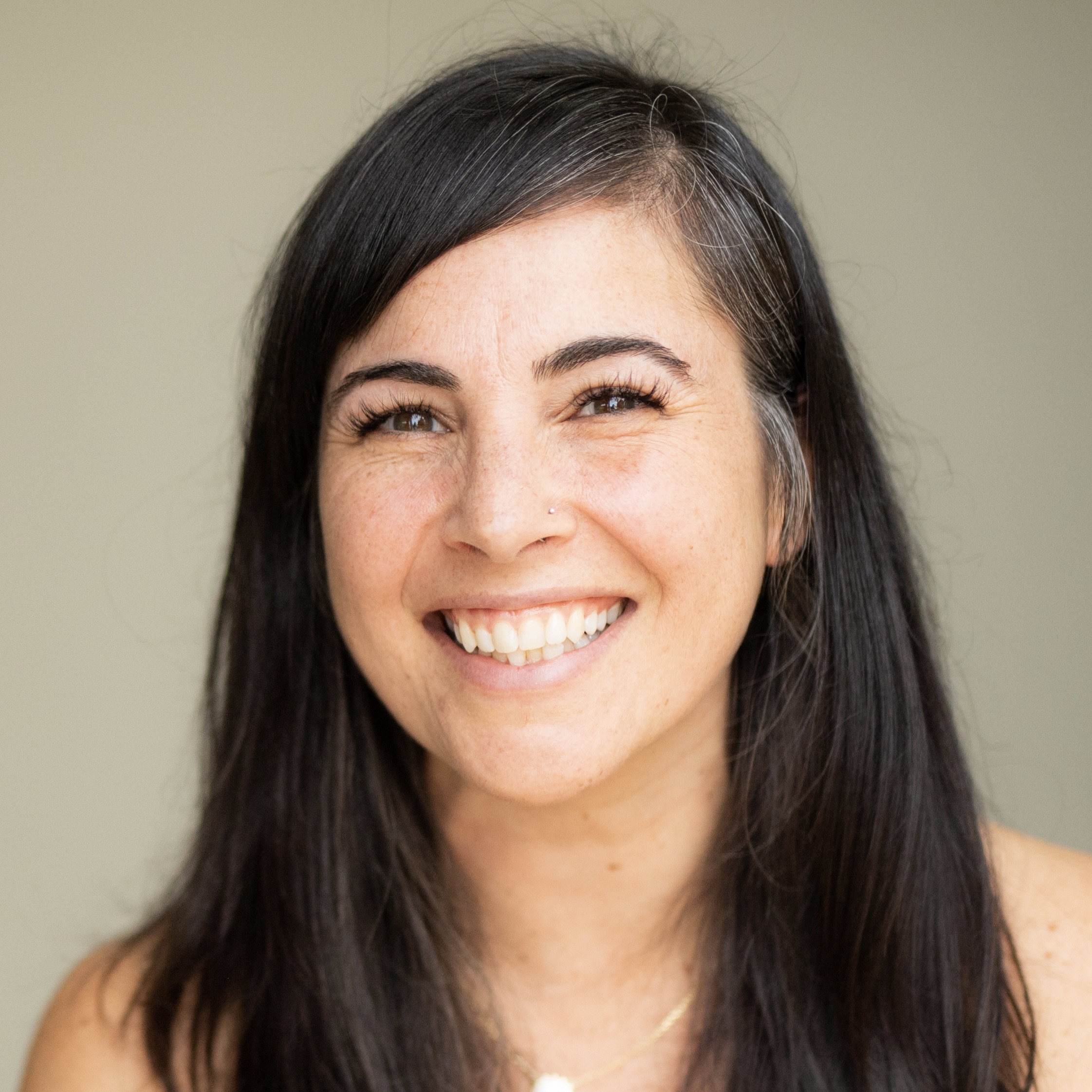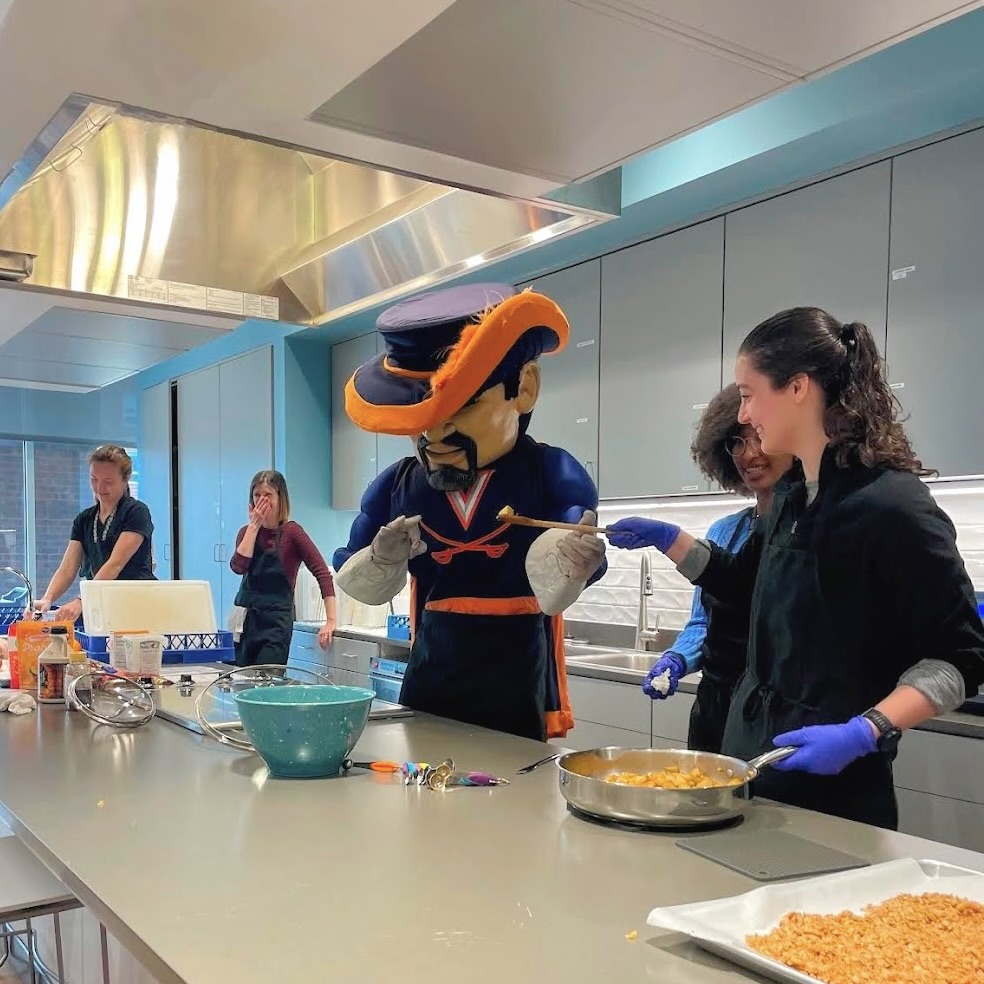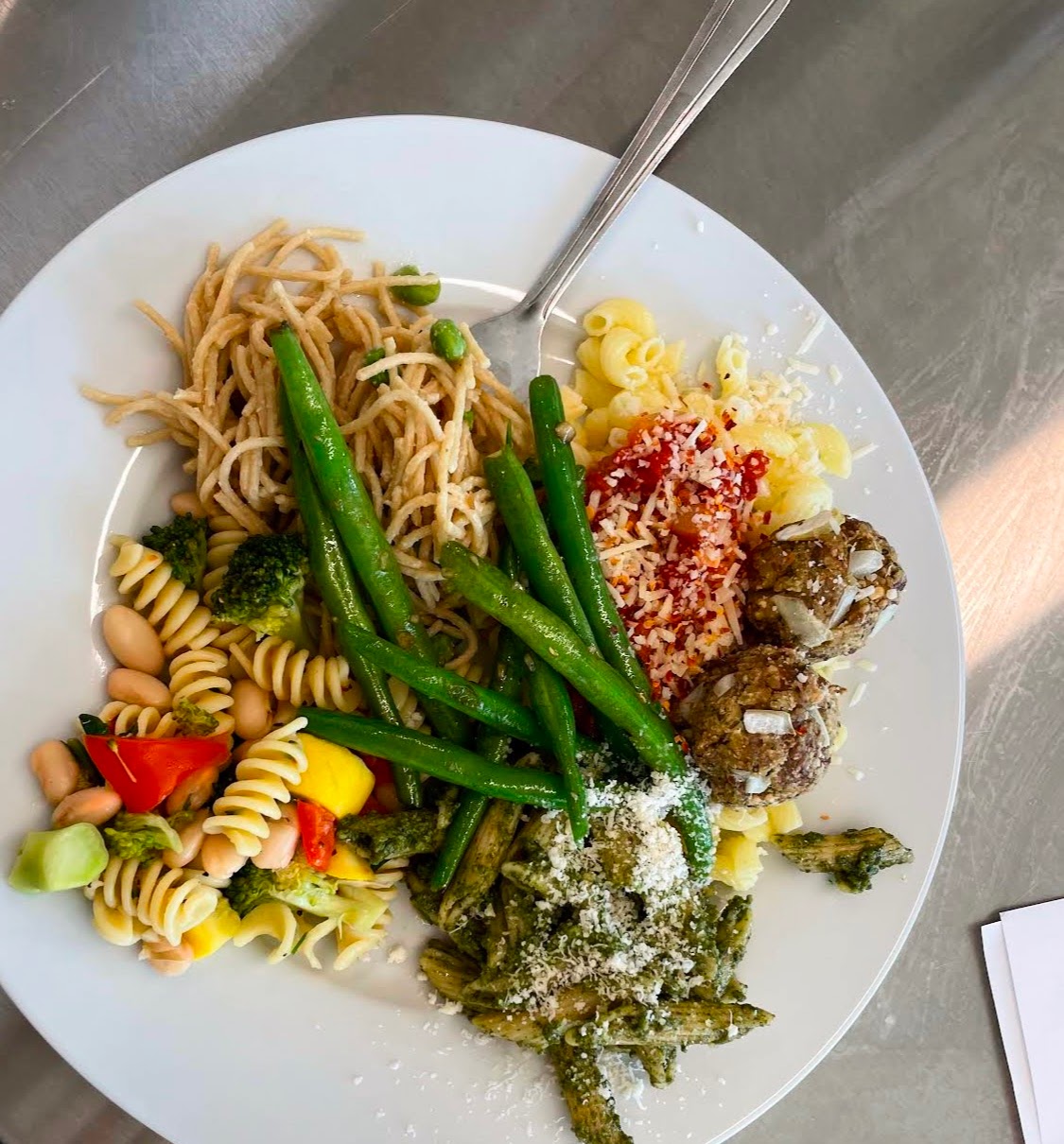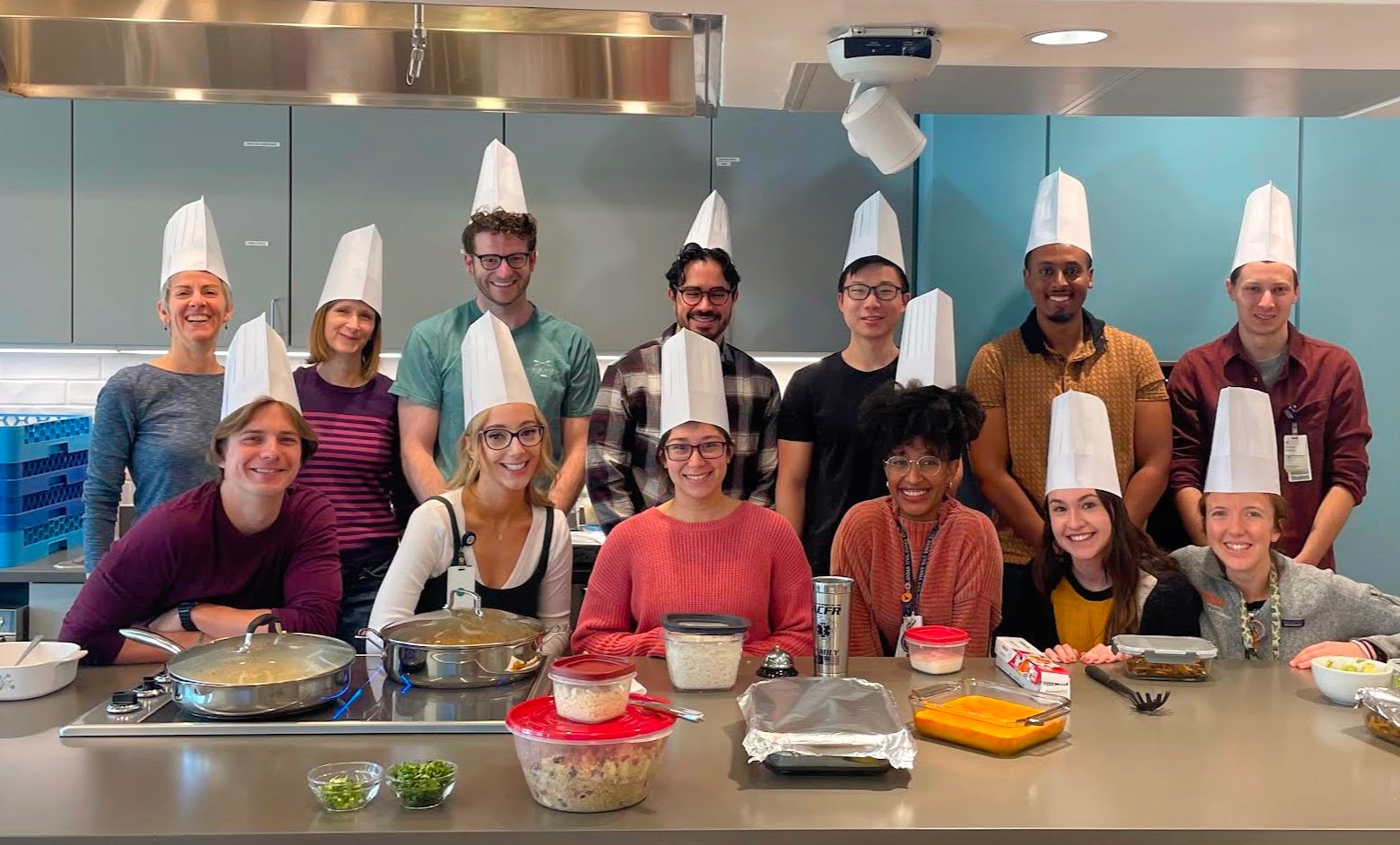For the Love of Food and Medicine
 Deborah Barry, PhD, is Associate Professor of Medical Education at the University of Virginia School of Medicine. In addition to her primary role in curricular development, Dr. Barry designs and develops wellness programming for medical students. Utilizing her training as a wellness coach and certified yoga instructor, Dr. Barry provides medical students with coaching related to time management, sleep habits, and managing stress.
Deborah Barry, PhD, is Associate Professor of Medical Education at the University of Virginia School of Medicine. In addition to her primary role in curricular development, Dr. Barry designs and develops wellness programming for medical students. Utilizing her training as a wellness coach and certified yoga instructor, Dr. Barry provides medical students with coaching related to time management, sleep habits, and managing stress.
Food is love, and according to Julia Child, “People who love to eat are always the best people.” Unfortunately, just loving food does not always go hand in hand with knowing how to prepare meals or how to help others learn how to eat well. The University of Virginia School of Medicine, in collaboration with Student Health and Wellness, has started a Culinary Medicine Course for fourth year medical students with the goal of helping students learn to take care of themselves with food so that they can take better care of their future patients.

Dietary counseling by physicians occurs in only 20-40% of patient encounters, with physicians citing a lack of knowledge, training, and self-efficacy to engage in such counseling behaviors. Medical schools have historically lacked in nutrition education for medical students, with most schools in the United States providing just 25 hours over four years. Some of our medical students reported that they lacked the practical skills they needed to attend to their own health habits, such as being able to cook on a budget or successfully make recipe substitutions. Culinary knowledge enables future physicians to address patients with personal conviction and experience and can help “overcome feelings of hypocrisy when telling patients to ‘eat healthy’ when they did not know how to do so themselves.” Our program responded to this call for attending to medical student well-being while measuring their ability and intention to provide nutrition counseling to their patients.

Our two-week elective, co-taught by a registered dietician, pediatrician, and medical educator (who all love cooking and eating), includes daily kitchen sessions and afternoon workshops related to nutrition, nutrition counseling, food access, and food science. Students develop their skills in budgeting, recipe substitution, cultural awareness, and motivational interviewing while building community and learning ways to coach peers and future patients towards eating in ways that help them feel good. To evaluate the impact of the course, we have measured students’ perceptions of their skills as well as their performance interacting with a standardized patient, a trained actor. In their own assessment, students reported that their counseling skills, ability to provide information to patients, and ability to assess a patient’s progress towards healthy eating improved. Additionally, when compared with a control group of medical students, those who participated in the course showed significantly greater ability to discuss nutrition and utilize a weight-neutral approach in their discussions.
Graciously funded by the Medical Alumni Association and the Health System Food Services, we have offered this course four times and expanded the curriculum to offer sessions within the first and second year of medical school. Our program graduates have become more adventurous in the kitchen, learned to make new foods, and explored new recipes that they have shared with loved ones. In the School of Medicine, we take the words of Virginia Woolf to heart: “One cannot think well, love well or sleep well if one has not dined well.”

- Stay on Track: Turning Resolutions into Results
- From “Jimmy Who?” to “What Would Jimmy Do?”
- Washington’s Bold Gamble: Christmas Day 1776
- Increasing Your Impact With Planned Giving
- UVA Club of Boston: UVA Men's Basketball Game Watches
- UVA Club of New Mexico: Cavs Care - Roadrunner Food Bank